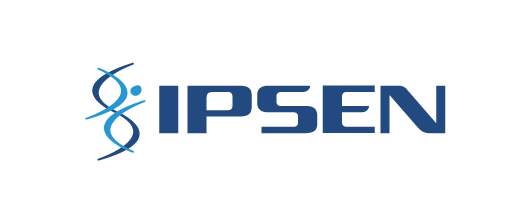Paris (France), 11 January 2019 – Ipsen (Euronext: IPN; ADR: IPSEY) today announced that abobotulinumtoxinA (Dysport®) and its recombinant botulinum toxins pipeline are the subject of 50 posters at the 2019 TOXINS International Conference. Results are presented from basic science (in vivo, in vitro, ex vivo, in silico), to clinical (Phase I to IV) and patients and caregivers surveys. Data highlights include further differentiation of Dysport® in the treatment of spasticity and movement disorders1, results from the first in-human study of a recombinant neurotoxin (rBoNT-E), real life data (ULIS-III) as well as a survey with insights from patients and caregivers on the burden of spasticity (Carenity).
“Our data at TOXINS 2019 further differentiate Dysport® in the treatment of spasticity and other movement disorders, and demonstrate the headway we are making with our innovative pipeline, including new recombinant botulinum toxins such as our fast-acting rBoNT-E,” said Alexandre Lebeaut, Executive Vice President, R&D and Chief Scientific Officer, Ipsen. “We look forward to many more years of real and significant progress toward our commitment to improving people’s lives through innovative and effective treatments and by transforming the treatment paradigm with tailored approaches.”
With Dysport® (abobotulinumtoxinA), Ipsen offers a single product to treat a range of therapeutic indications2. Injected at approved doses, the amount of active neurotoxin in Dysport® (data3 published in Toxins, in December 2018) may help to explain the long-lasting symptomatic relief observed in clinical studies (based on phase 3 trials4,5) within a well-characterized safety and tolerability profile. With a long duration of response, Dysport® aims at providing an answer to the unmet need of patients and their families.
Alexandre Lebeaut added: “We are proud and excited to be presenting these new data at TOXINS 2019 as we continue to build on more than 30 years of clinical experience with Dysport®. We will continue investing in this unique product through research and novel programs studies to further explore its potential and address patients’ unmet needs”.








